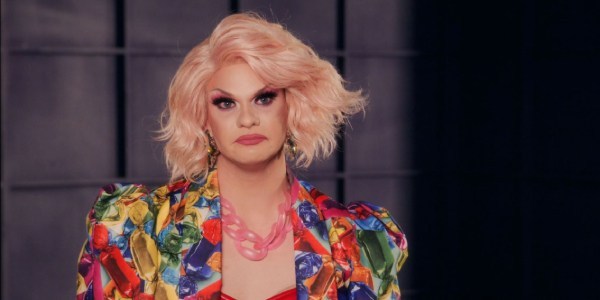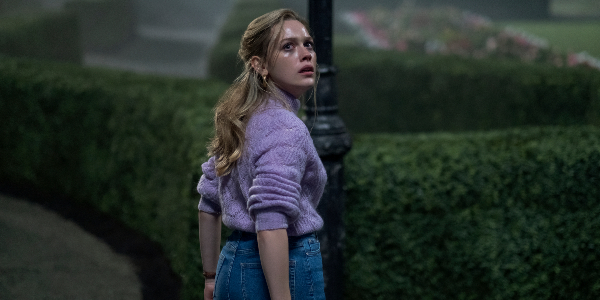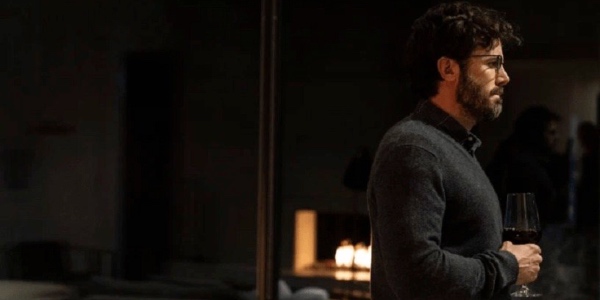Melbourne International Film Festival 2020: LAST AND FIRST MEN, ANNE AT 13,000 FT and DARK CITY BENEATH THE BEAT
Kicking off right after the Sydney Film Festival made their historic turn towards making their annual cinematic celebration a digital banquet, the Melbourne International Film Festival – cheekily credited as 68½ edition – gave an online platform to a myriad of international and Australian artists to make their worldwide and domestic debuts, whether it be the first official Australian screening of Kelly Reichardt’s tender drama First Cow, or the world premiere of Monica Zanetti’s Australian queer comedy Ellie and Abbie (and Ellie’s Dead Aunt), this diverse program was loaded with industry panels, short films and exclusive Q&A’s that wholly emulated the unpredictable nature of the modern film festivals with magnificent results.
With the festival concluding last week, I had the opportunity to catch a number of Australian premieres from all around the globe: TT The Artist’s Dark City Beneath the Beat, Jóhann Jóhannsson’s Last and First Men and Kazik Radwanski’s Anne at 13,000 Ft.
Dark City Beneath The Beat (TT The Artist)
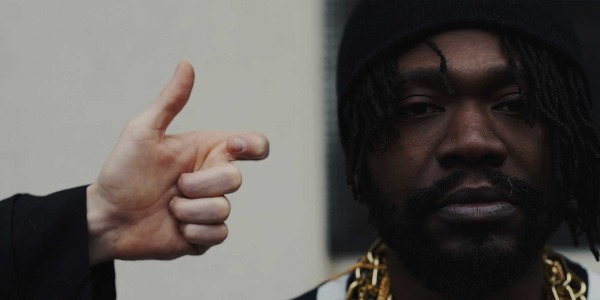
From frame one, the vibrant, confectionary colour palette of TT The Artist’s Dark City Beneath The Beat instantly seizes your sights – and then the magnificent music kicks in. The Baltimore-based singer/rapper/producer is no stranger to making captivating, energetic works of art, and her debut music documentary, a whip-smart, kaleidoscopic assault on the senses that effortlessly honours the divergency of Baltimore’s beloved musical subculture and the contemporary social issues that they are in defiance/ celebration of, is another grand achievement.
Unfolding like one kick-ass Youtube playlist that opens the audience to a whole new underground realm of musicians, dancers, artists and hundreds of other talents, Dark City Beneath the Beat is a whole-hearted, bonafide firework of a feature that acts as a necessary reminder of how important the arts, and the communal spaces that they occupy, are to our collective social and individual spirits. Arriving at the perfect time in this divided world, as the hot-button issues of police brutality, the loss of marginalised voices and the need for LGBTIQA+ solidarity in our streets, TT the Artist’s domestic festivity may be based in the texture and temperature of Baltimore, but it acts as a macrocosm for America as it stands without lecturing or accosting the audience, it rather encourages unification at the moment where we need it the most.
Last and First Men (Jóhann Jóhannsson)
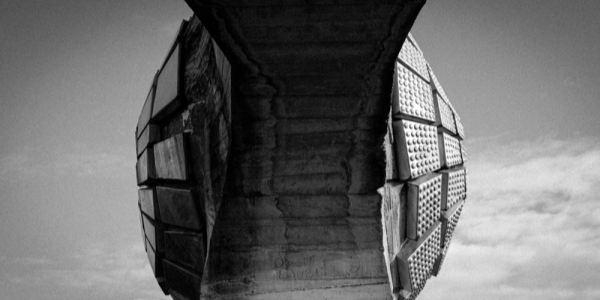
As the distant voiceover of Tilda Swinton gently guides unsuspecting audiences through the expansive journey of mankind that starts from today and concludes in the very-distant future of 2,000,000,000 A.D., there’s a distinct, curious gut feeling that Last and First Men isn’t the first (and unfortunately last) film from Icelandic composer Jóhann Jóhannsson, but rather an undiscovered, buried gem from the 1970s, recently revived and restored for our contemporary pleasure. From its cerebral science-fiction ideas -loosely based off Olaf Stapledon’s 1930 novel of the same name – to it’s grainy, overcast 16mm black and white photography, this is the type of erudite, elemental science fiction that populated the genre in the 1960s and ’70s, this audio-visual poem feels of a piece alongside Silent Running, 2001: A Space Odyssey and Solaris in mixing the mundane with bold futurism.
Generating the similar level of unease as his classic, oft-copied industrial Sicario cues, Jóhannsson’s syntactical structure matches imposing, exotic-stone statues with a foreboding voiceover from the future (Swinton) who warns of Earth’s final extinction, coming after several cycles of annihilation and revival, with unspoken but clear affronts to our own collision with Armageddon, whether it be through climate change or on-going, devastating warfare. The monastic tone, which slowly decelerates viewers to its own hypnotic rhythms, gestures towards something far more modern despite its ancient aesthetics, with ancillary importance placed on the looming statues that tower over every frame of this 70-minute cautionary ballad.
Deceptively simple in design but painstakingly complex in its intimate details, Last & First Men is one of the many films at this festival, alongside Dark City Beneath the Beat, to lose some of its engrossing power when shrunk inside the prisms of the home television or laptop, as Jóhannsson’s mesmeric score was made to submerge a roomful of strangers into a lateral, terrestrial future not too different than our own disturbing prospects. This is a singular vision, made by a decade-defining artist we lost too soon and as a bold final, creative statement from beyond; it’s pretty damn chilling in every respect.
Anne at 13,000 ft (Kazik Radwanski)
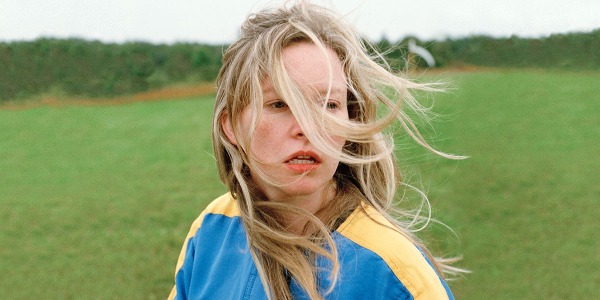
When we first meet the titular teacher at the centre of Kazik Radwanski’s Anne at 13,000 ft, her life is in a complete free fall – it’s at this point she develops a fascination in sky-diving. The fundamental metaphor that carries this Cassavettes-inspired Canadian mumblecore drama isn’t subtle at all, but neither is any aspect of Anne (a committed Deragh Campbell) frenetic reality; this fleeting psychological profile bubbles with the intensity of a slow-burn horror film, as the audience, and those around the descending daycare worker, await for the inevitable bubble to burst, for Anne’s undefined mental health struggles to finally envelope herself and everyone around her.
When an old friend’s wedding ceremony results in Anne’s attraction to the unusual hobby of sky-diving and a potential new partner in the form of Matt (Nirvana the Band The Show’s Matt Johnson), it looks like her downward trajectory might pivot towards a more resolute direction, but mirroring Cassavettes’ A Woman Under the Influence in both style and story (the elliptical structure and improvisation-heavy dialogue included), Radwanski’s loose screenplay only catches a transient snapshot at a miserable existence, keeping the camera close for tension but forgetting the comic absurdness or the undeclared catharsis of the afore-mentioned film. Unsettling but never satisfying, this is a difficult watching experience loaded with ideas that never articulate a reason why we’re seeing just this chapter in her life, a middle act missing a resolution – however unconventional it may be.
Do any of these upcoming festival films interest you? Let us know in the comments!
Does content like this matter to you?
Become a Member and support film journalism. Unlock access to all of Film Inquiry`s great articles. Join a community of like-minded readers who are passionate about cinema – get access to our private members Network, give back to independent filmmakers, and more.
Join now!

